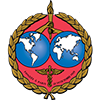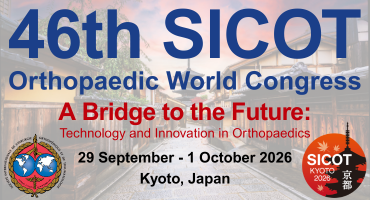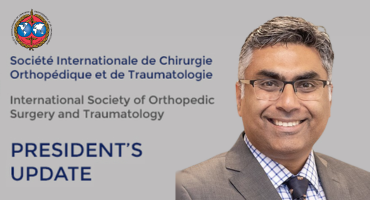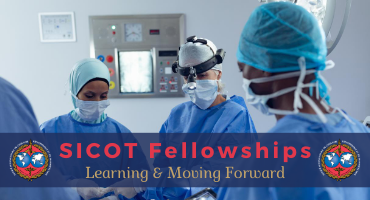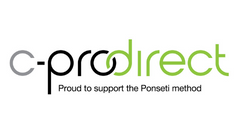Treating orthopaedic patients during times of war presents numerous challenges for healthcare providers. These difficulties arise from the circumstances and conditions prevailing during armed conflicts. Here are some of the key obstacles faced by orthopaedic professionals in such situations:
Limited resources due to a scarcity of medical supplies, including orthopaedic implants, surgical instruments, and even necessities like antibiotics and pain medications. This scarcity can severely hinder the ability to perform surgeries and provide post-operative care.
Infrastructure Damage: Hospitals, clinics, and other medical facilities are frequently targeted or damaged during conflicts, making it difficult to provide a safe and sterile environment for surgical procedures.
Healthcare providers, including orthopaedic surgeons, are often at risk in war zones due to the volatile and dangerous environment.
Access to Patients: Transporting patients to healthcare facilities can be incredibly challenging if roads and transportation systems are disrupted or unsafe. This can result in delayed treatment and increased risks for patients.
Complex Injuries: Injuries sustained during armed conflicts are often more complex and severe than those encountered in non-conflict settings. orthopaedic surgeons may need to deal with extensive trauma, including open fractures, soft tissue damage, and injuries to multiple body parts, several months or years after the conflict.
Orthopaedic patients in war zones often experience significant psychological distress and physical injuries. Providing appropriate psychological support is crucial but challenging in high-stress environments.
Long-term Care and Follow-up: Many orthopaedic conditions require ongoing care and follow-up appointments. Establishing a consistent post-operative care and monitoring system can be extremely difficult in these zones.
Despite these challenges, dedicated medical professionals in conflict zones play a critical role in alleviating the suffering of orthopaedic patients and contributing to their recovery. For all these reasons, SICOT extends its heartfelt gratitude to all healthcare professionals for their invaluable assistance to patients in these challenging circumstances.
